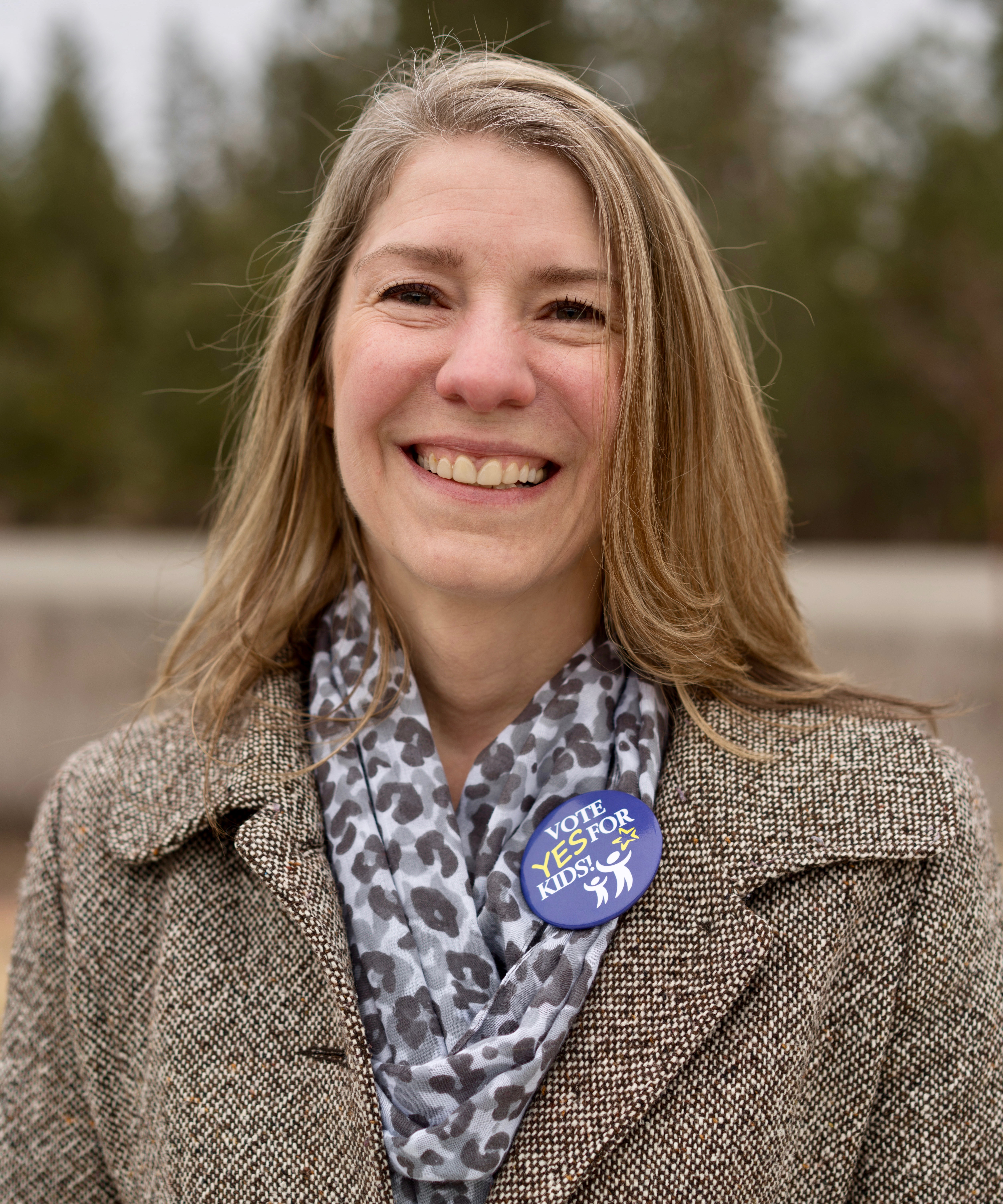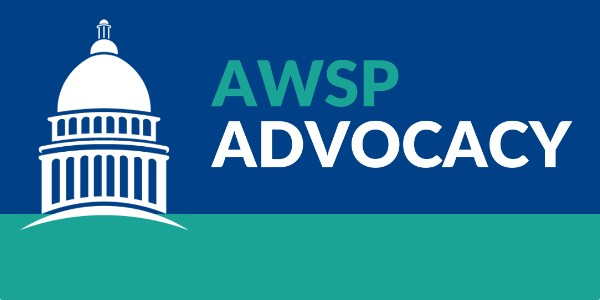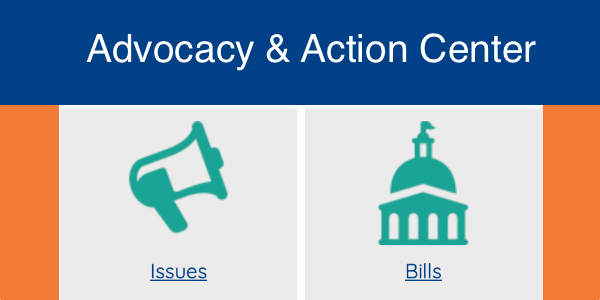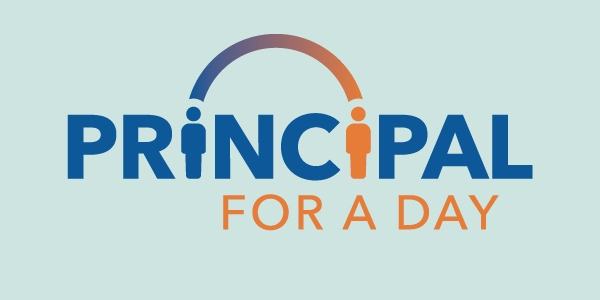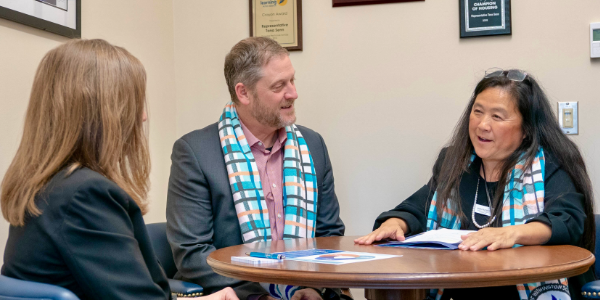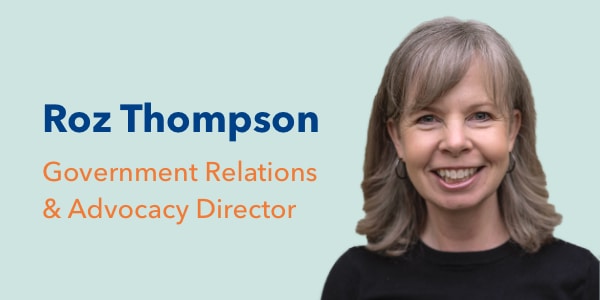It was budget week in the Legislature as both House and Senate Democrats released their supplemental operating budgets. Both budget bills had hearings within hours of their release on Monday, and both were amended within days of these hearings. Budget negotiators from both chambers will now seek to reconcile differences and come to a final budget before “sine die” (the last day of the session), scheduled for March 10.
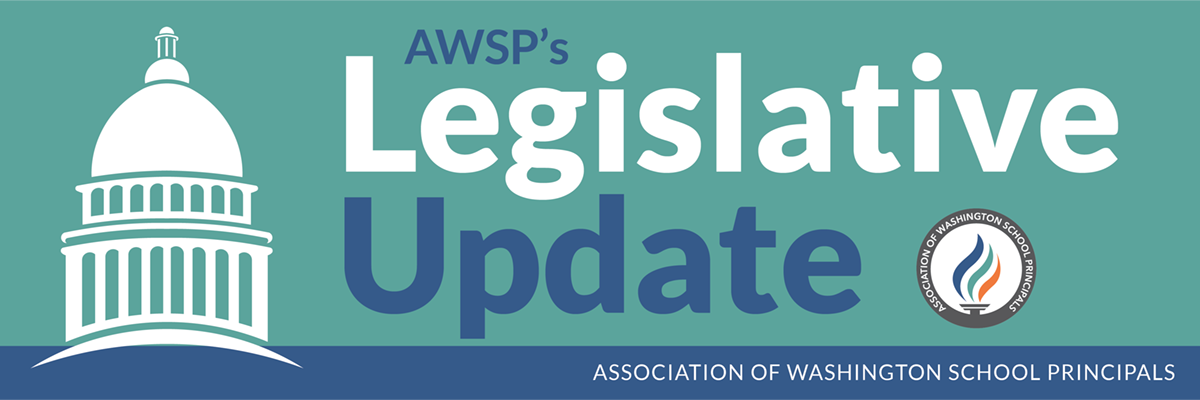
It was budget week in the Legislature as both House and Senate Democrats released their supplemental operating budgets. Both budget bills had hearings within hours of their release on Monday, and both were amended within days of these hearings. Budget
negotiators from both chambers will now seek to reconcile differences and come to a final budget before “sine die” (the last day of the session), scheduled for March 10.
Here is PSHB 1816 (proposed supplemental budget from the House), and here is a link to the same bill with amendments. Next, you can read the Senate's proposed supplemental budget (SSB 5693) with amendments. House Republicans also released their own supplemental budget this week if you would like to read their proposal.
Due to our robust economy, legislators added more spending for new policies in their budgets than in years past. Check out the Washington Research Council report this week for analysis and comparisons. KNKX also has an article comparing the House and Senate budgets. If you want to
read what the amazing Dan Steele from WASA has to say about all of this, head on over to Dan’s Special Budget Edition of TWIO (This Week in Olympia).
Dan also covers the capital and transportation budgets. Thank you for your amazing work, Dan!
Thankfully as expected, both budgets do these things, although with some differences:
provide a commitment to fund additional support positions such as nurses, counselors, social workers, and psychologists through an update to the prototypical funding model,
provide enrollment stability,
increase transportation spending, and
Support Outdoor School for All.
OSPI and many other education advocates continue to work with legislators and their staff to shape the best outcomes for school districts. Superintendent Chris Reykdal sent a letter to budget writers urging them to “quickly phase-in support staff, focus on dual credit (lift the cap to 1.6 FTE for running start), stablize LAP funding, support transitional kindergarten programs, fund seismic improvements, and suspend work not related to recovery.”
My bill tracking list is getting a little bit smaller as a few bills didn’t make it past the committee cut-off yesterday, February 24. For example, you might notice HB 1162 (performance exhibition pathway for graduation) didn’t make it out
of the Senate Early Learning and K-12 Education Committee. Legislators will work through the weekend to try to meet the next cut-off date of February 28, when bills with fiscal implications must be passed out of either House Appropriations or Senate
Ways and Means. Then it’s back to the floor to pass more bills, agree on final budgets, and that will be the end of this year’s short session!
If you want to share your thoughts about any of these budget items or bills, please
send your legislators an email.You can also invite them to meet with you via video conference or at your school so you can advocate on behalf of the principalship and your school’s needs. Thank you to all of you who were able to take time this week to sign-in in support of some
important bills like HB 1664 (prototypical funding for support staff) and HB 2078 (outdoor school for all).
Bills Still Alive
Budget
Students
- HB 1611 | Highly Capable Students
- HB 1723 | Telecommunication Access
- HB 1736 | State Student Loan Program
- HB 1746 | Updating 2015 Report for Student Success
- HB 1833 | Electronic Option for School Meal Needs
- HB 1878 | Increasing Participation in Community Eligibility Provision
- HB 2068 | Creating the Imagination Library Program
- HB 2078 | Outdoor School for All
- SB 5497 | Student Board of Education Members
High School/Dual Credit
- HB 1687 | College Bound Scholarship GPA
- HB 1760 | Dual Credit Program Access
- HB 1805 | Opportunity Scholarship Program
- HB 1835 | Postsecondary Enrollment (FAFSA completion support)
- HB 1867 | Dual Credit Data
- SB 5498 | Awarding Diplomas Posthumously
- SB 5789 | Innovation Challenge Program (similar to HB 1835)
- SB 5878 | Arts Instruction
Health/Safety
- HB 1759 | Secure Storage Info on School Websites
- HB 1800 | Increasing Access to Behavioral Health Services for Minors
- HB 1834 | Student Mental Health Absences
- HB 1890 | Children and Behavioral Health Work Group
- HB 1941 | Active Shooter Drills
Workforce/Staff
- HB 1699 | Educators Working in Retirement
- HB 1942 | Paraeducator Training
- SB 5252 | School District Consultation with Tribes
As usual, please reach out to me with any questions. Thank you!


